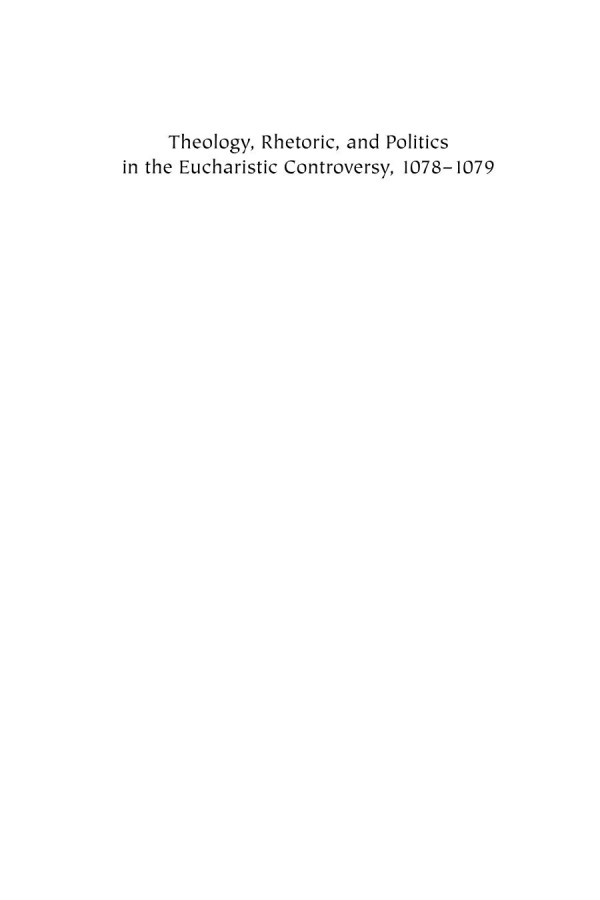

Most ebook files are in PDF format, so you can easily read them using various software such as Foxit Reader or directly on the Google Chrome browser.
Some ebook files are released by publishers in other formats such as .awz, .mobi, .epub, .fb2, etc. You may need to install specific software to read these formats on mobile/PC, such as Calibre.
Please read the tutorial at this link: https://ebookbell.com/faq
We offer FREE conversion to the popular formats you request; however, this may take some time. Therefore, right after payment, please email us, and we will try to provide the service as quickly as possible.
For some exceptional file formats or broken links (if any), please refrain from opening any disputes. Instead, email us first, and we will try to assist within a maximum of 6 hours.
EbookBell Team

0.0
0 reviewsThis book, which includes the full Latin text and translation of a vital manuscript long thought lost, demonstrates that Alberic's famous treatise during the Eucharistic Controversy is a text that can be identified and has been known to scholars for years. By showing conclusively that this text was in fact written by Alberic, Radding and Newton transform our understanding not only of the particulars of the controversy and papal politics, but also of the intellectual process by which theological truths took shape in medieval Church councils.
In the concluding stages of the eleventh-century Eucharistic Controversy, which turned on whether, and how, sacramental consecration changed the nature of bread and wine at the altar, Alberic of Monte Cassino composed a small but important treatise. Alberic was the most renowned teacher of rhetoric in his time, and his treatise, buttressed by appeal to the authority of the Church Fathers, was said by contemporaries to have "utterly destroyed" the argument of his opponent, Berengar of Tours, that the bread and wine survived its consecration.
Modern scholars had long believed Alberic's treatise to be lost. This book demonstrates that this crucial document, far from being lost, is an existing identifiable text. By showing conclusively that this work was written by Alberic, Radding and Newton transform our understanding not only of the particulars of the controversy and papal politics but also of the intellectual process by which theological doctrines took shape in mediaeval Church councils. The book includes the full Latin text and the first translation of Alberic's treatise.